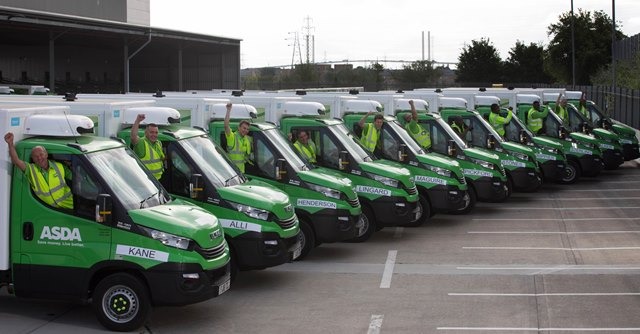UK-based supermarket giant Asda is set to stop offering single-use plastic carrier bags with its online grocery orders, as part of its plastic-saving initiative.

Image: Asda will stop use of plastic carrier bags in online grocery shopping. Photo: courtesy of ASDA.
The initiative will enable Asda to eliminate around 85 million plastic bags from production each year.
The retailer will delete the option of bagged delivery on all grocery home shopping and click and collect orders across the nation from 31 July, helping to save more than 500 tonnes of plastic.
Asda said that the decision makes it the first supermarket to remove single-use carrier bags from its operations.
It had already eliminated single use bags at its stores in 2018. Asda will currently manufacture 375 million fewer plastic bags each year.
Asda online grocery vice president Simon Gregg said: “We’re working hard to reduce avoidable plastic wherever we can – because helping to reduce its impact on the environment matters to us, and we know it matters to our customers too.
“This is a simple change, but will have a significant impact on the amount of plastic we use as a business.”
To assist shoppers with the change, Asda delivery drivers will provide to unload home delivery customers’ shopping for them in a place, which is convenient.
The retailer has removed 6,500 tonnes of plastic from its own brand packaging since 2018, which is equal to the weight of 600 million plastic water bottles.
Asda stated that it will still place fresh meat or fish items inside a small plastic flow bag due to health and safety reasons. However, the retailer said that it will train its staff to keep these to a minimum.
In March this year, Asda announced that it has achieved a milestone in its ongoing commitment of reducing the amount of plastic used in product packaging. Since February 2018, the retailer has abolished 6500 tonnes of plastic from its own brand packaging.
Via product innovation and redesign, the firm has reduced the use of plastic in around 1,000 individual product lines ranging from fresh fruit and vegetables to electronics and homewares.
